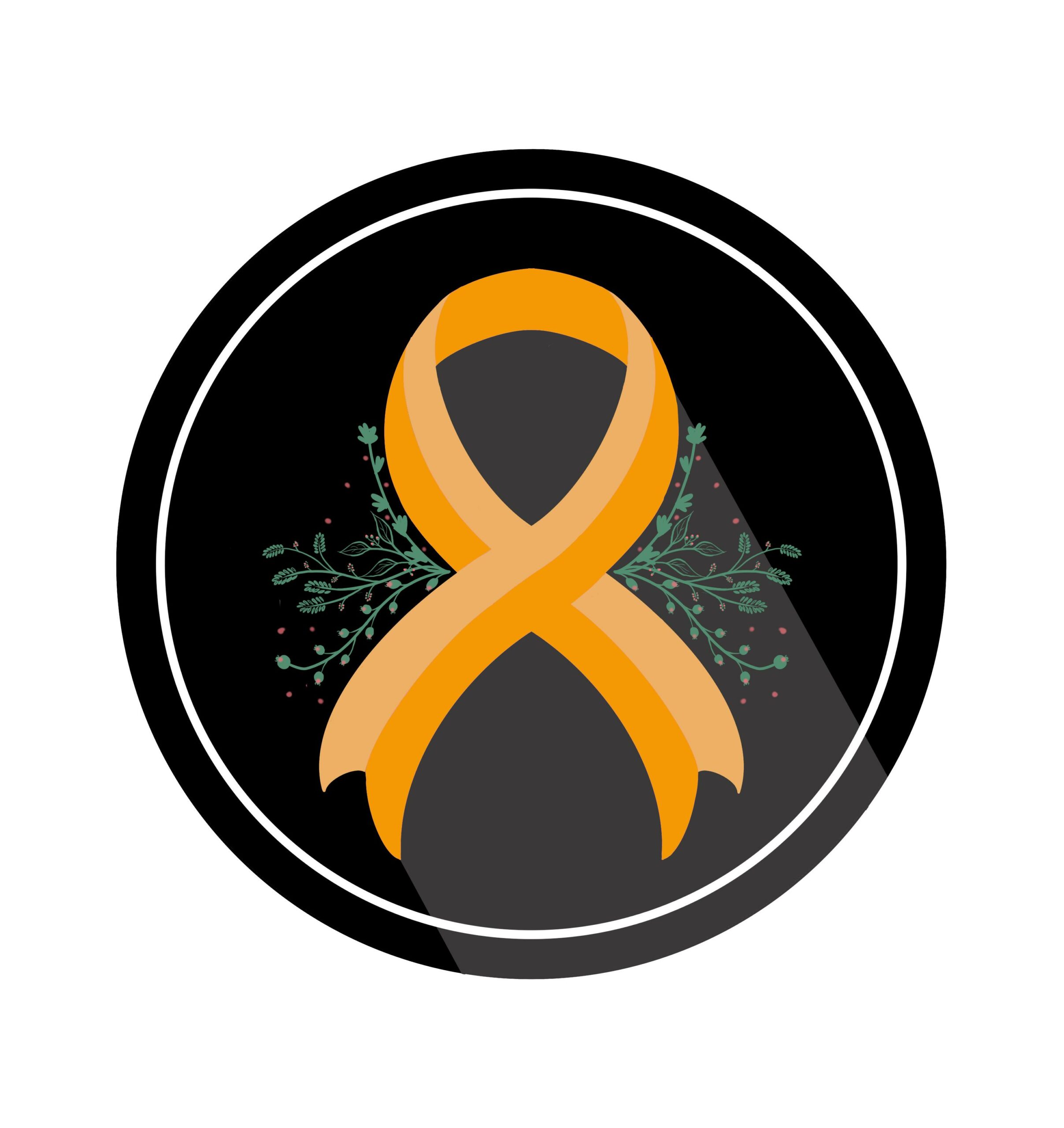For a disease that has been known since 400 BC, we sure have come far to understand some of the causes, differences in progression, and multiple therapeutic approaches to treating cancer. Genomics has given us a tool to not just elucidate the mechanism to better understand how cancer develops and progresses, but also to identify (early diagnosis) and customize the strategy for treatment. We at CSIR-IGIB have initiated multiple studies in this direction.
Identification of mutations in one critical step in selecting the treatment for cancer. With drug resistant cancers, it becomes all the more important to screen for mutations in the cancer cells. A genome atlas of breast cancer patients in India has been developed at IGIB. It is documenting the full treatment regimen of these patients along with genomic and transcriptomic profiling.
Further use of bioinformatics to differentiate between cancer subtypes for personalized treatment plan is one of the new studies that has been initiated at the institute. You can read more about it in our World Cancer Day special article “Genomics and Artificial Intelligence in Bridging the Cancer Care Gap”.
Metastasis is another challenge in treating cancer. Understanding the role of non coding RNAs in epithelial to mesenchymal transition – a process that would be required for metastasis of cancer cells, is another study that is being conducted at the institute. And a new study is going to use zebrafish as a model organism for understanding how metabolites affect metastasis.
The immune system is equipped with identification and killing of cancer cells but some rogue cells manage to evade natural killer cells and cytotoxic T cells from being recognized. Chimeric Antigen Receptor -T (CAR-T) cells, one of the personalized therapies approved for the treatment of some of the blood cancers like leukemia and lymphoma, have revolutionized cancer therapeutics. Tumor antigen escape, low efficiency and low tolerability by the body are some of the challenges that need to be overcome. New generation CAR-T cell based therapy for B cell lymphomas is being developed at the institute. CAR-T cells with multiple co-stimulatory molecules are being designed to increase the effectiveness of this therapy.
We hope our attempts to develop better diagnostics and affordable therapeutics would contribute in closing the care gap.
Poorti Kathpalia, a scientist by training, is now pursuing her passion for making science fun and accessible through her sci-comm activities.


